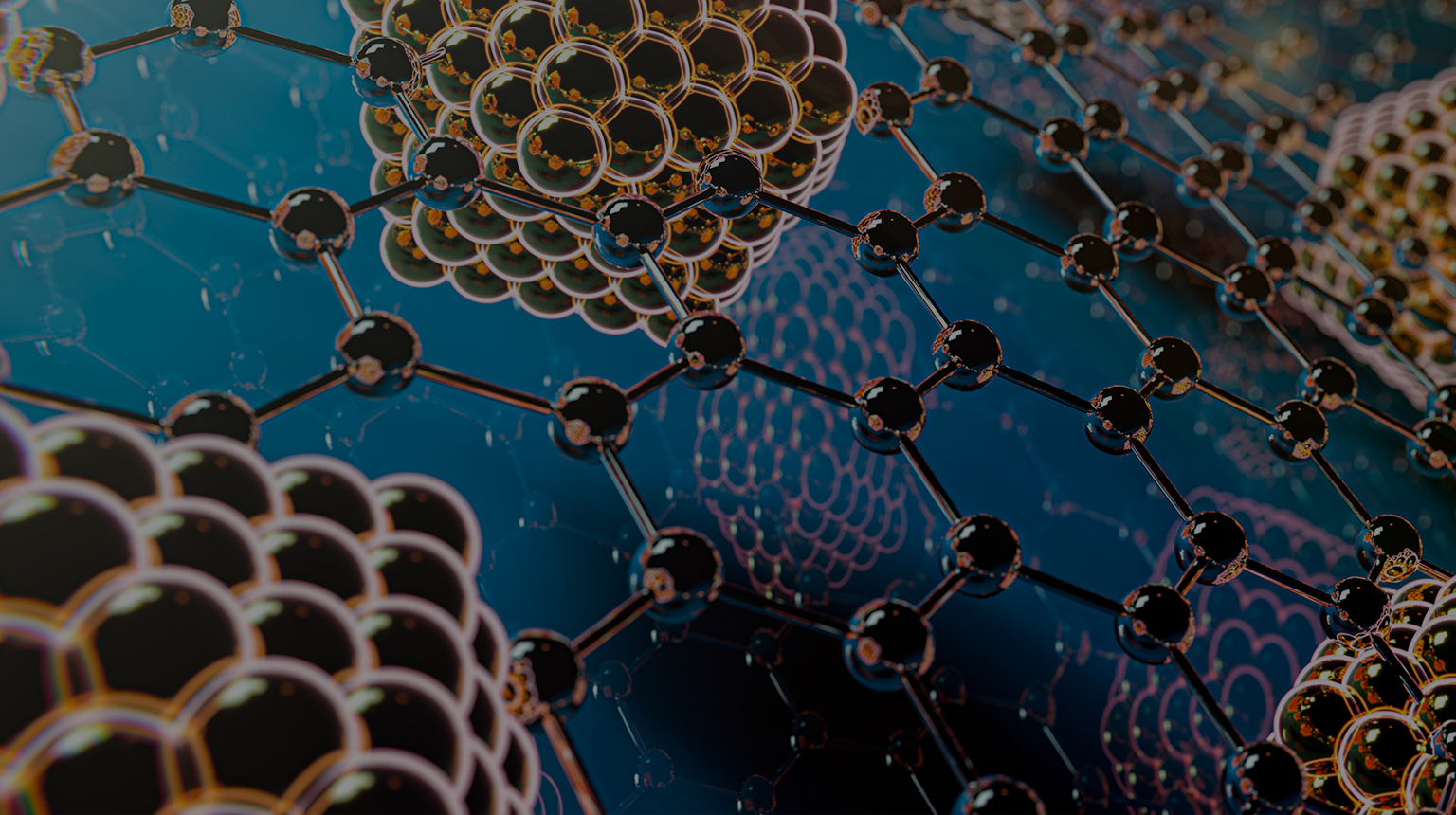

Publication
- HOME
- Publication
Publication
|
The role of magnetite nanoparticles in the reduction of nitrate in groundwater by zero-valent iron
관리자 │ 2024-05-11 HIT 204 |
|---|
|
Journal: Chemosphere
Author: Dong-Wan Cho, Hocheol Song, Franklin W. Schwartz, Bokseong Kim, Byong-Hun Jeon Abstract: Magnetite nanoparticles were used as an additive material in a zero-valent iron (Fe(0)) reaction to reduce nitrate in groundwater and its effects on nitrate removal were investigated. The addition of nano-sized magnetite (NMT) to Fe(0) reactor markedly increased nitrate reduction, with the rate proportionally increasing with NMT loading. Field emission scanning electron microscopy analysis revealed that NMT aggregates were evenly distributed and attached on the Fe(0) surface due to their magnetic properties. The rate enhancement effect of NMT is presumed to arise from its role as a corrosion promoter for Fe(0) corrosion as well as an electron mediator that facilitated electron transport from Fe(0) to adsorbed nitrate. Nitrate reduction by Fe(0) in the presence of NMT proceeded much faster in groundwater (GW) than in de-ionized water. The enhanced reduction of nitrate in GW was attributed to the adsorption or formation of surface complex by the cationic components in GW, i.e., Ca2+ and Mg2+, in the Fe(0)–H2O interface that promoted electrostatic attraction of nitrate to the reaction sites. Moreover, the addition of NMT imparted superior longevity to Fe(0), enabling completion of four nitrate reduction cycles, which otherwise would have been inactivated during the first cycle without an addition of NMT. The results demonstrate the potential applicability of a Fe(0)/NMT system in the treatment of nitrate-contaminated GW. Keywords: Zero-valent iron (Fe(0)), Magnetite nanoparticles, Nitrate, Cations, Groundwater
|
| 이전글 | Review of biotreatment techniques for volatile sulfur compounds with an emphasis... |
|---|---|
| 다음글 | Magnetic chitosan composite for adsorption of cationic and anionic dyes in aqueo... |





